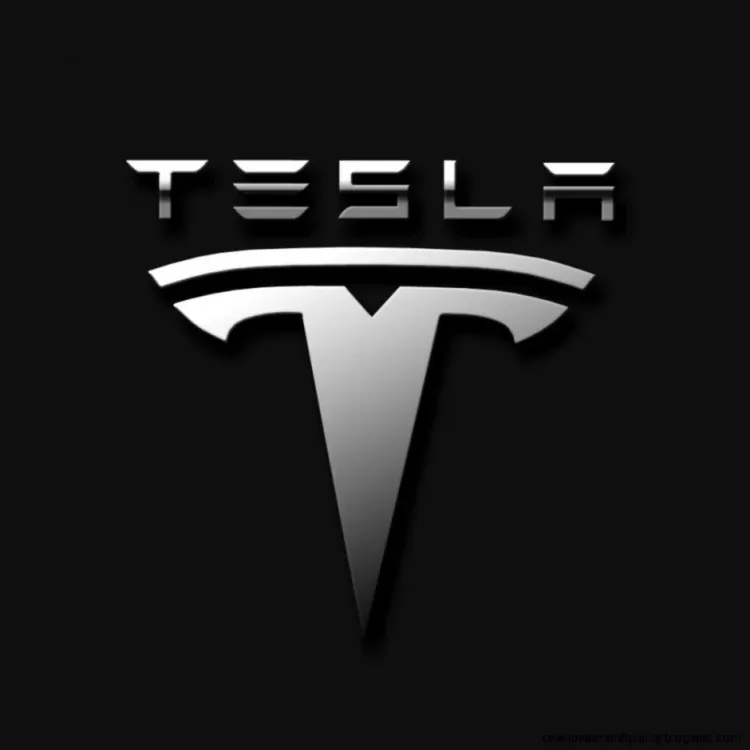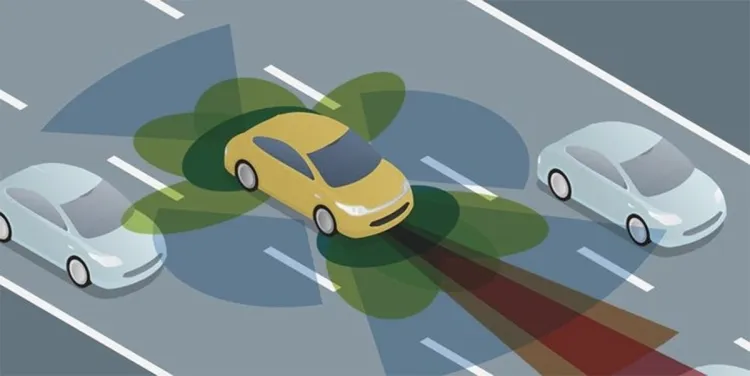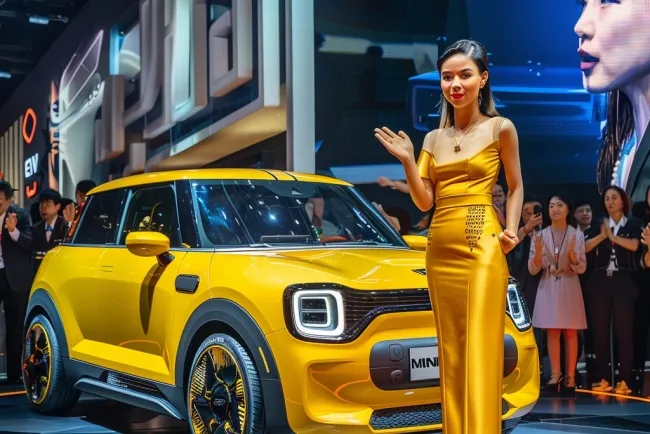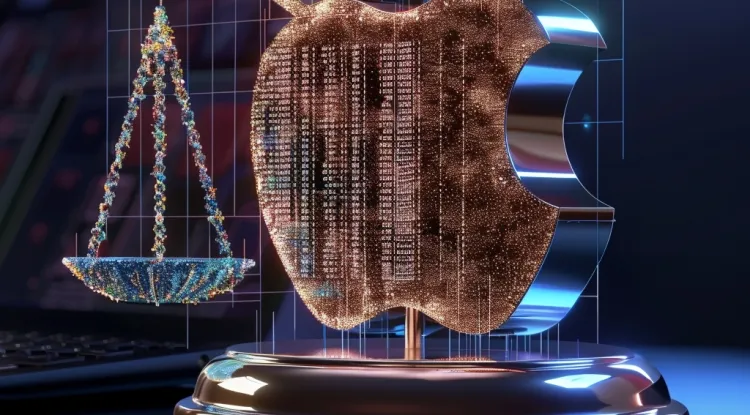Navigating Automated Driving: IIHS Study Delivers Mixed Ratings for Tesla and Rivals
Explore the latest findings from the U.S. Insurance Institute for Highway Safety (IIHS) regarding the safety ratings of automated driving technologies, including Tesla's Autopilot and Full Self Driving systems. Gain insights into the study's analysis of crash data and its implications for the future of driver assistance technology.

Table of Content
The latest evaluation by the U.S. Insurance Institute for Highway Safety (IIHS) delivered less-than-stellar marks for Tesla and its competitors in the realm of automated-driving technology.
According to the IIHS, Tesla's Autopilot and Full Self Driving systems, along with nine other advanced driving systems from major automakers, were deemed to have "poor" ratings in a study released on Tuesday.
The study, which analyzed crash data, also revealed a lack of concrete evidence supporting the safety benefits of Autopilot and similar systems. David Harkey, President of IIHS, pointed out that their examination of insurance claims data failed to show any reduction in claims due to the presence of these advanced systems.
In contrast, the study did highlight the effectiveness of automatic emergency braking systems, which have been shown to reduce rear-end collisions by 50% and vehicle-pedestrian incidents by 30%.
Tesla and its CEO, Elon Musk, have previously claimed that vehicles equipped with Autopilot are significantly safer than the average vehicle on U.S. roads.
However, federal authorities are currently investigating nearly 1,000 accidents involving Tesla's Autopilot. A civil case in California, slated for trial next week, will test Tesla's defense strategy, which often attributes crashes to driver negligence despite warnings to remain attentive when Autopilot or Full Self Driving technology is active.
Out of the 14 assisted-driving systems evaluated by IIHS, only Lexus Teammate with Advanced Drive managed to secure an acceptable rating. Others, such as GM's Super Cruise and Nissan's "ProPILOT Assist with Navi-link," received marginal ratings.
Automakers are now being urged to adopt existing technologies, such as driver monitoring or attention warnings, in order to bolster safety ratings. Tesla and other manufacturers are said to be continuously refining their systems, with Tesla having already made revisions to its Autopilot software following a federal recall agreement.
It's worth noting that the IIHS study primarily focuses on safeguards to prevent misuse rather than evaluating the performance of the driver assistance systems themselves, a point emphasized by Mercedes-Benz in its statement.
Moving forward, automakers like BMW and Genesis are introducing more advanced driving assistance features to enhance safety. For instance, the upcoming Genesis GV80 SUV will be equipped with an in-cabin camera to monitor the driver's face and eyes during assisted driving, signaling a broader trend toward more comprehensive safety measures.
What is IIHS Study?

The IIHS study, which involved evaluating various assisted-driving systems from major automakers, has sparked discussions about the effectiveness of advanced technologies in enhancing road safety. Tesla, often at the forefront of innovation in this field, has received significant attention due to its Autopilot and Full Self Driving features.
According to the IIHS President David Harkey, the study provided valuable insights into the real-world performance of these systems. Despite claims made by Tesla and other manufacturers regarding the safety benefits of their automated driving technologies, the study found no concrete evidence supporting such assertions based on crash data.
Tesla's Take on IIHS Study
In response to the recent IIHS study assessing automated driving technologies, Tesla has offered insights and perspectives regarding its Autopilot and Full Self Driving features.
Tesla's CEO, Elon Musk, has previously stated that vehicles equipped with Autopilot are considerably safer than the average vehicle on U.S. roads. However, the IIHS study raises questions about the validity of such claims and highlights the importance of rigorous evaluation and regulation in the development and deployment of advanced driver assistance systems.
One of the key takeaways from the study is the need for standardized testing and regulations governing the implementation of automated driving technologies. While certain systems, such as automatic emergency braking, have demonstrated significant reductions in collisions, the effectiveness of more advanced features like Autopilot remains a topic of debate.
Despite receiving poor ratings in the IIHS study, Tesla continues to iterate and improve its Autopilot software. The company has faced scrutiny and legal challenges related to accidents involving Autopilot, with ongoing investigations by federal authorities. A civil case scheduled for trial in California will provide further insight into the accountability and responsibility of both drivers and manufacturers in the context of automated driving technologies.
As automakers strive to enhance vehicle safety and introduce increasingly sophisticated driver assistance features, studies like the one conducted by the IIHS play a crucial role in informing consumers, regulators, and industry stakeholders about the strengths and limitations of these technologies. Moving forward, collaboration between manufacturers, regulators, and safety organizations will be essential to ensure the safe and responsible integration of automated driving systems on our roads.
Which Other Manufacturers Produce Automated Vehicles?
Tesla faces competition in the realm of automated cars from several prominent automakers and technology companies. Some of Tesla's notable rivals in the automated driving space include:
Waymo (Alphabet Inc.):
Waymo, a subsidiary of Alphabet Inc. (Google's parent company), is a leading player in autonomous vehicle technology. It has been developing self-driving technology and testing autonomous vehicles for several years.
General Motors (GM):
GM's autonomous vehicle division, Cruise, is a significant competitor in the automated driving space. Cruise has been developing self-driving technology and aims to deploy autonomous ride-hailing services.
Ford:
Ford has invested heavily in autonomous vehicle research and development. Its subsidiary, Ford Autonomous Vehicles LLC, is working on self-driving technology and plans to launch autonomous vehicles for ride-sharing and delivery services.
Uber:
Uber has been investing in autonomous vehicle technology for its ride-hailing services. Although it faced setbacks, Uber continues to explore opportunities in the autonomous driving space.
NVIDIA:
NVIDIA, a leading technology company known for its graphics processing units (GPUs), provides hardware and software solutions for autonomous driving systems. Its DRIVE platform powers several autonomous vehicle projects worldwide.
Aptiv:
Formerly known as Delphi Automotive, Aptiv is a global technology company specializing in automotive solutions, including autonomous driving technology. It develops software, sensors, and other components for autonomous vehicles.
Baidu:
Baidu, often referred to as the "Google of China," is a major player in autonomous driving technology. It operates the Apollo platform, an open-source software platform for autonomous vehicles, and conducts extensive research and development in this field.
These companies, along with others in the automotive and technology sectors, are actively pursuing the development of autonomous driving technology, aiming to bring self-driving vehicles to market and revolutionize the future of transportation.
What's Your Reaction?




















